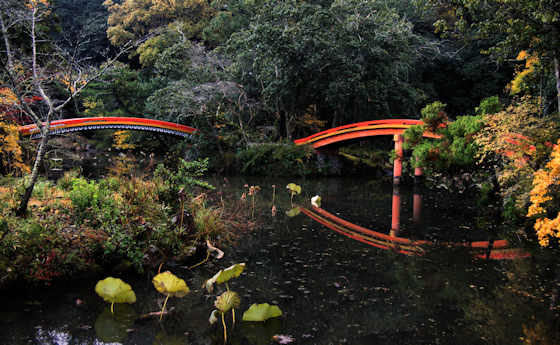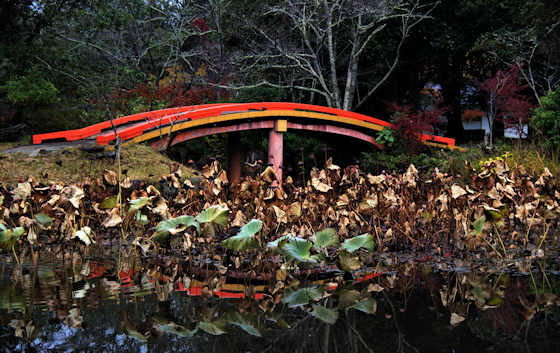With the increasing popularity of tablet computers and dedicated ebook readers the range of reading material available at a lower cost than print has ballooned, but it has also spawned a new type of publication, ebooks that don't exist as hard copy, available at very low cost, for example Inside Track: Japan by JapanVisitor.
Starting in 2005, Japanvisitor.com and its associated JapanVisitor Blog has been written by a team of long-term Japan residents from Tokyo, Nagoya, Kyoto, Osaka, and Shimane. No prizes for guessing who the Shimane member is :). This little book is a collection of more than 60 of the most popular articles from the blog. By most popular is meant these are the articles that had the most visits, and I can say from my own blog that the posts that get more visitors are sometimes surprising, so what we end up with is a very diverse collection of topics.
There are a few of the major tourist sites in Japan:- Hikone Castle, some temples in Nara, Tokyo Tower, etc, but a lot more quirky, off-the-beaten-track sites like a Meteor Museum, a Shaving Museum, and the tunnels dug towards the end of the war for the government and Emperor to retreat to. All of the articles include access information, prices, opening times etc.
Another group of articles I would classify as "tips":- getting around by train, being vegetarian in Japan, and even some language tips on talking about the weather, and a whole slew of articles on miscellaneous things like Batting Centers, Japanese bicycles, Ladies shaving......
I read to learn things, so a good book is one that I learn a lot from, and I have to say I was surprised at how much I learned from this little volume. On sale for the same price as a cheap cup of coffee, well worth the purchase.























